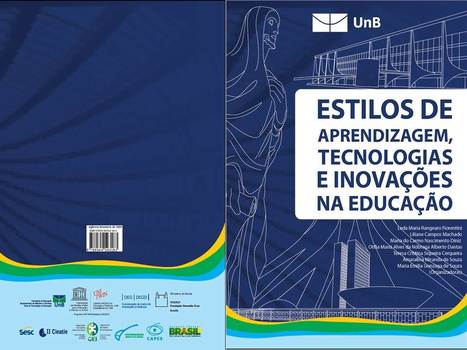Any number of us have had our doubts about learning styles. The instruments that detect, name, and classify these various approaches to learning just seemed too straightforward. How can there by only two or even four styles? And how can every learner fit neatly into one of those boxes? We also worried about how students responded to them. “I’m a visual learner,” one told me, “I don’t do textbooks.” A certain learning style then excuses one from other learning modalities?
However, what’s left standing is one unarguable fact: People do not all learn in the same way. Some of us always read the instructions first and others of us just start putting it together. Richard Felder, widely known for his work in engineering education and a teaching and learning scholar I hold in the highest esteem, shared “Are Learning Styles Invalid? (Hint: No),” a piece that carves a space between the extreme positions on learning styles.
He begins with a definition. “A learning style model specifies a small number of dimensions that collectively provide a good basis for designing effective instruction.” In other words, a designated learning style is not a complete portrait of a learner, but something closer to an outline with main points and few supporting details. He continues: “They are neither infallible guides to student behavior nor made-up constructs with no basis in reality but simply useful descriptions of common behavior patterns.”
“Learning styles are not mutually exclusive categories but preferences that may be mild, moderate or strong.” This explains the wide variation among learners with the same learning styles. In fact, there’s not two, four, or six learning styles, but numberless individual variations when prior knowledge, experience, and skill level are factored into the learning style equation.
Via
Miloš Bajčetić



 Your new post is loading...
Your new post is loading...












#sceuned15
Aprendizaje personalizado, aprendizaje plural, TIC e inteligencias múltiples.